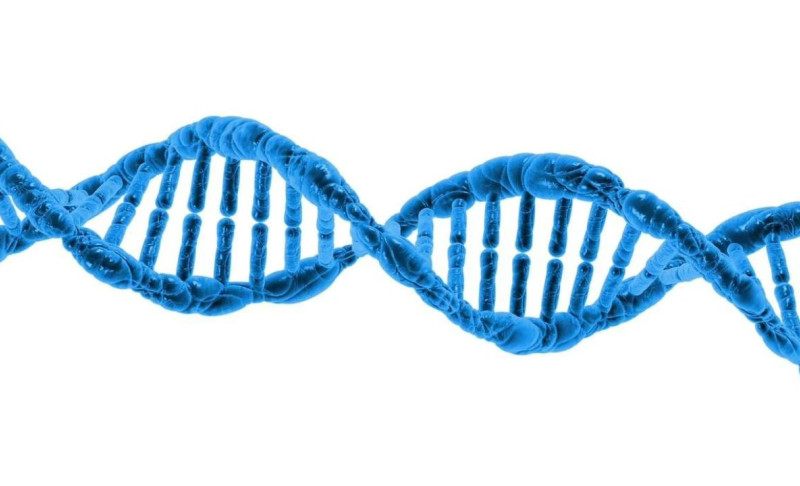
Survival Analysis
A one-week course in survival analysis for the life sciences. Concrete examples and case studies are used to apply the theory to practical situations.

A one-week course in survival analysis for the life sciences. Concrete examples and case studies are used to apply the theory to practical situations.
Survival data, or more generally, time-to-event data (where the 'event' can be death, disease, recovery, relapse or another outcome), is frequently encountered in the biomedical sciences. Censoring is a problem characteristic to most survival data, and requires special data analytic techniques.
This course will give an introduction to survival analysis and will cover many of the types of survival data and analysis techniques regularly encountered in biomedical research. The course will focus on practical examples, with an emphasis on matching data analysis to the research question at hand. The daily schedule includes interactive lectures by experienced and enthusiastic lecturers, interwoven with lab sessions that give students the opportunity to apply the theory to real datasets. Examples from medical and biological research will be used in the exercises.
We offer this course in small groups, to guarantee the attention needed for each participant and to create a learning environment that encourages the participants to be actively involved in the learning activities. Therefore, the maximum number of participants is 20, the minimum number is 12 (if the minimum number of enrollments is not reached by the deadline date (see below), then the course will be cancelled).
Please note that there are no graded activities included in this course. Therefore, we are not able to provide participants with a transcript of grades. You will obtain a certificate upon completion of this course.
Note: both SPSS and R can be used during computer labs. While most techniques covered can be performed in SPSS, several require the use of R (or another package, such as Stata or SAS). Those unfamiliar with the (free) statistics package R are strongly encouraged to practice with it before beginning the course.
Maria Schipper
Rebecca Stellato
(Master) students or (post-graduate) researchers who already have a basic knowledge of statistics, including regression analysis (i.e. previously completed a course in statistics).
A bachelor-level introductory course in statistical techniques is necessary. The course Biostatistics for Researchers is an excellent preparation. We assume a good working knowledge of linear regression modelling, including the use of categorical explanatory (dummy) variables and interactions. Some prior experience with the statistical software package R/RStudio is desirable; those unfamiliar with the (free) statistical package R are strongly encouraged to practice with it before beginning the course. (Our free tutorial is available here: https://datasci-biostat.juliuscentrum.nl/knowledge-base/ )
At the end of the course, you will be able to:
To be able to follow this course successfully, you will follow a full-time daily programme in which lectures and computer exercises are interwoven.
There are no scholarships available for this course.
The housing costs do not include a Utrecht Summer School sleeping bag. This is a separate product on the invoice. If you wish to bring your own bedding, please deselect or remove the sleeping bag from your order.
For this course you are required to upload the following documents when applying: